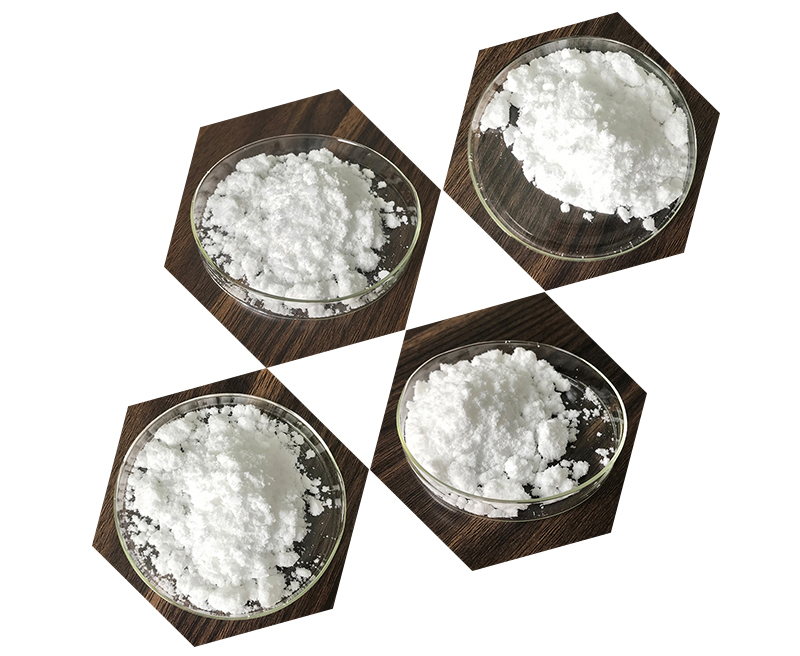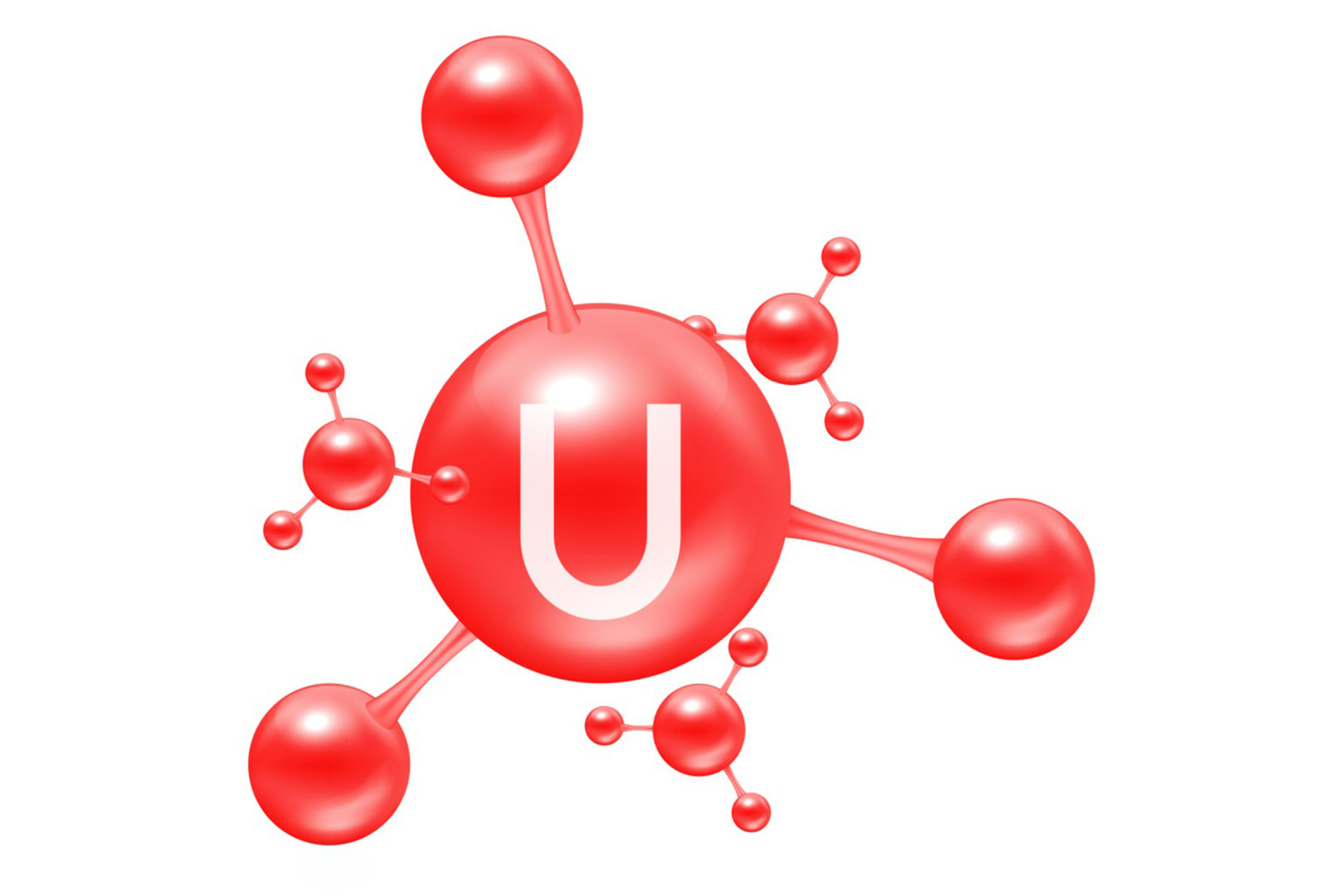Vitamin U is not an officially recognized vitamin, but it’s a term that refers to a compound known as S-methylmethionine (SMM). It was originally identified as a nutrient in cabbage, particularly cabbage juice, and has been touted for its potential health benefits, especially for gastrointestinal health.
Production and Sources:
- S-methylmethionine (SMM), also known as Vitamin U, is primarily found in fresh, raw vegetables, particularly cabbage and spinach. Other sources may include lettuce, broccoli, and alfalfa.
- It is most concentrated in the juice of these vegetables, especially cabbage juice, which has been traditionally used to treat peptic ulcers.
Potential Health Benefits:
- It has been proposed that Vitamin U could promote the healing of the digestive tract by stimulating the production of mucus, which acts as a protective layer in the stomach.
- Some studies suggest that it may aid in reducing the effects of ulcers, gastritis, and other gastrointestinal issues, though more scientific research is needed to fully validate its therapeutic potential.

Quality and Stability:
- The compound is quite unstable and breaks down when exposed to heat. This is why raw vegetables, especially freshly juiced ones, are considered the best source of Vitamin U.
- Its effectiveness in supplements is also variable, as it is sensitive to both heat and light.
There isn’t a large-scale commercial production of Vitamin U supplements due to its instability, but some companies may produce concentrated cabbage or spinach extracts that contain S-methylmethionine.
Would you like to know more about its applications or any specific health effects?
Adverse effects of Vitamin U
Vitamin U is not a conventional vitamin, but rather a term coined to describe a compound called S-methylmethionine (SMM). It was originally thought to have healing properties for ulcers, and while it isn’t officially recognized as a vitamin, it is still believed to have some beneficial effects, especially on the digestive system.
S-methylmethionine is found in foods like cabbage, especially raw cabbage, and is thought to support digestive health by promoting the healing of stomach ulcers and reducing inflammation in the gastrointestinal tract. However, research into Vitamin U is not as extensive as for other vitamins, and its effects are still not fully understood.
Regarding adverse effects, Vitamin U is generally considered safe when consumed in food amounts. However, in excessive doses or in isolated supplement form, potential side effects might include:
- Digestive Issues: Overconsumption of S-methylmethionine could potentially lead to gastrointestinal discomfort, such as nausea, bloating, or diarrhea, though this is not well-documented in scientific literature.
- Interference with Medications: There is limited information about Vitamin U’s interaction with medications, so if you are on medications, especially for digestive issues, you should consult with a healthcare provider.

- Allergic Reactions: In rare cases, individuals might experience allergic reactions to compounds found in cabbage or other foods high in S-methylmethionine, leading to symptoms like skin rashes, hives, or difficulty breathing.
Since the body usually gets Vitamin U from food sources, it’s hard to consume it in excessive amounts without drastically increasing your intake of cabbage or similar vegetables. As with any nutrient, moderation is key. If you’re considering supplements or higher doses, it’s always good to consult with a healthcare professional.
